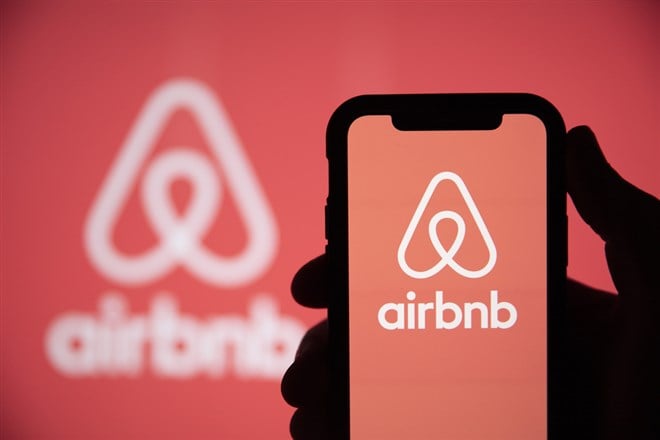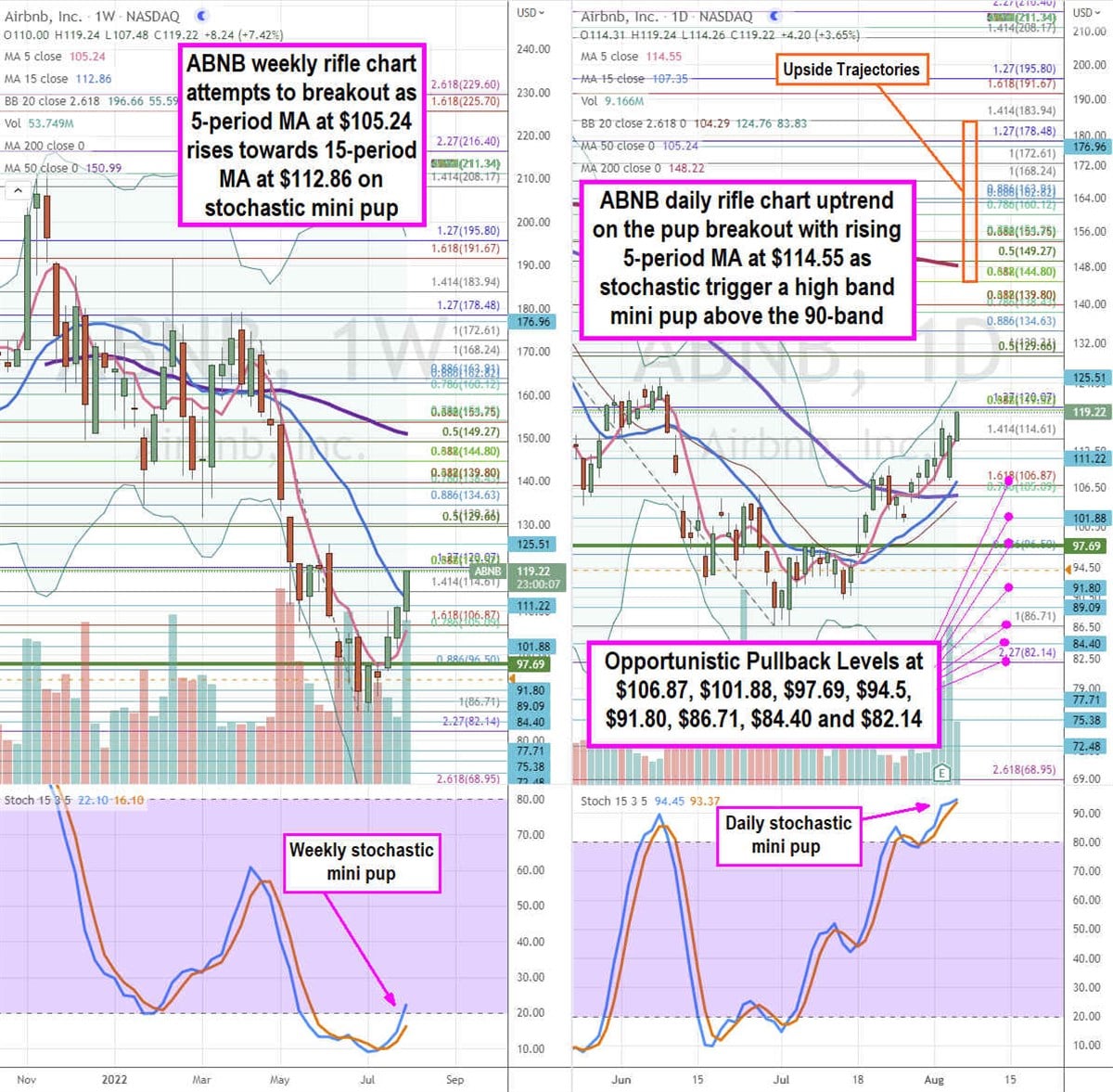
- Digital lodging platform Airbnb stock has fallen (-30%) on the year
- Airbnb raised its fiscal Q3 revenue guidance in anticipation of hitting all-time high quarterly revenues
- Prudent investors can use the reset to look for opportunistic pullbacks
Secular Trends Vs. Recession
Airbnb is a benefactor of several key tailwinds that can help mitigate pressures from an economic recession. The pandemic accelerated the adopt of remote and hybrid work affording full-time, part-time, freelance, and gig workers to work from virtually anywhere. This is segment of longer-term stays beyond just typical short-term vacation stay has been the strongest and fastest growing segment. It’s fiscal Q2 2022 results indicate that long-term stays of 28 days or more was its fastest growing category by trip nights compared to 2019. Long-term stays rose 25% YoY and 90% since Q2 2019.
Were Earnings Really That Bad?
Quite opposite, they were impressively good. On Aug. 6, 2022, Airbnb released its fiscal second-quarter 2022 results for the quarter ending June 2022. The Company reported an adjusted earnings-per-share (EPS) profit of $0.56 excluding non-recurring items versus consensus analyst estimates for a profit of $0.43, beating estimates by $0.13. Revenues rose 57.6% year-over-year (YOY) to $2.10 billion missing analyst estimates for $2.11 billion. Nights and Experiences booked were the highest in its history. The Company generated $795 million in free cash flow and nearly $3 billion in the prior 12 months. Gross booking volumes (GBV) rose to $17 billion, up 27% YoY and up 73% compared to Q2 2019.
They Raised Revenue Guidance But…
Airbnb raised its fiscal Q3 2022 revenue guidance to $2.78 billion to $2.88 billion versus $2.78 billion consensus analyst estimates. However, they do note that seasonality was abnormal during the first half od 2021 and is starting to normalize from the second half 2021. Its Q3 2022 will be an inflection point where YoY with stabilize with modest acceleration in GBV growth. This caused shares to sell-off as analysts interpreted this as a sign of a peak with lighter than anticipating bookings heading into a recession. Evercore ISI noted that Q3 2022 Bookings and Nights guidance actually indicates a negative inflection point as they guided a (-4%) QoQ. However, the analyst did mention that an expectations reset was inevitable indicating a macro rather than competitive impact.

ABNB Opportunistic Entry Levels
Using the rifle charts on the weekly and daily time frames provides a precision playing field view of the landscape for ABNB stock. The weekly rifle chart bottomed off the $86.41 Fibonacci (fib) level. The weekly downtrend is starting to reverse as the 5-period moving average (MA) is sloping up towards the 15-period MA for a crossover and breakout attempt. The weekly 50-period MA sits at $150.99. The weekly stochastic bounced through the 20-band as it triggered a market structure low (MSL) buy signal on the $97.69 breakout. The daily rifle chart uptrend has a rising 5-period MA at $114.55 followed by the 15-period MA at $107.35. The daily 50-period MA sits near the $105.09 fib level. The daily upper Bollinger Bands (BBs) sit at $124.78. The daily 200-period MA sits at $148.22. Prudent investors can watch for opportunistic entry levels at the $106.87 fib, $101.88, $97.69 weekly MSL trigger, $91.80, $86.71 fib, $84.40, and the $82.14 fib. Upside trajectories range from the $144.80 fib up towards the $183.94 fib level.














